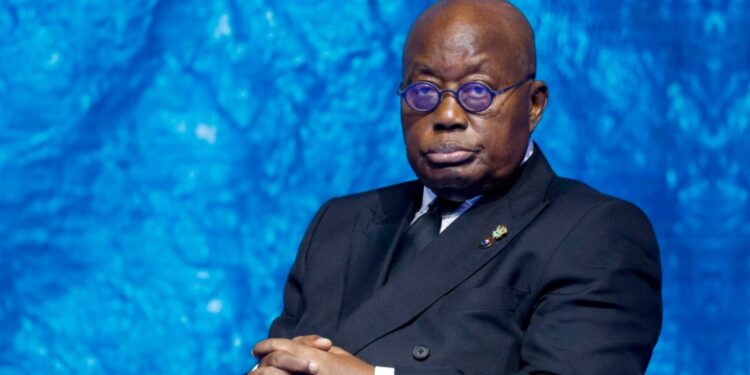Ghana anticipates receiving $1.15 billion in funding from the International Monetary Fund and the World Bank by the end of February as bilateral creditors approach an agreement on the terms of a debt restructuring.
Finance Minister Ken Ofori-Atta expressed confidence that official creditors will reach a memorandum of understanding in a meeting scheduled for Jan. 8, stating this in a phone conversation with Bloomberg on Friday.
The agreement would pave the way for the IMF executive board to assess Ghana’s performance under a program initiated in May and approve a $600 million disbursement, constituting the second tranche of its $3 billion bailout. Despite delays, Ofori-Atta mentioned that the board is likely to convene on Jan. 18.
The board approval would also trigger the process for two World Bank disbursements totalling $550 million, according to Ofori-Atta. The Bank has committed $300 million for budgetary support and an additional $250 million for Ghana’s Financial Stability Fund. Ofori-Atta expressed confidence, stating, “We are in good shape.”
The disbursement for budgetary support is expected by the end of this month, and the contribution to the fund providing liquidity to financial institutions impacted by the domestic debt restructuring is likely to occur by the end of February.
What you should know
- Ghana has been facing one of its worst economic crises in a generation with inflation soaring to over 50% at one time but that has declined to 26.4% as of November 2023. Also, the Cedi lost over 11% of its value in the first half of 2023.
- In December 2022, Ghana suspended payment on most of its $28.4 billion external debt effectively running into default. It however reached a $3 billion deal with the IMF.
- In October, it was reported that Ghana’s Central Bank lost around $5 billion in one year- an announcement which sparked protest across the country’s capital, Accra calling for the resignation of the Governor, Ernest Addison.
















